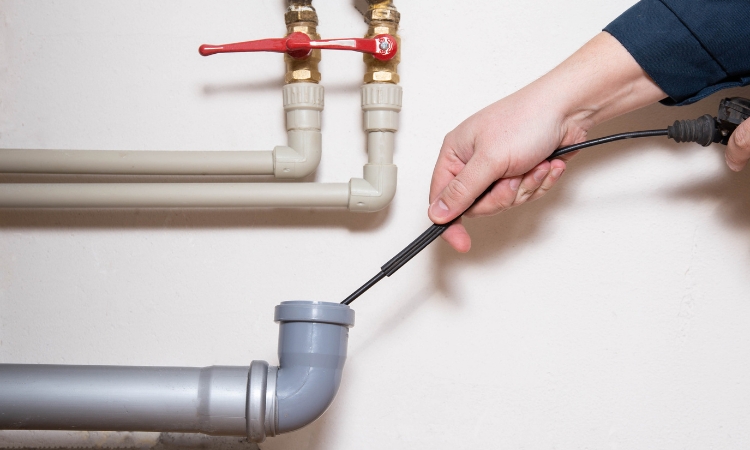
Few household frustrations are as disruptive and unpleasant as a clogged drain. The slow gurgle of water refusing to retreat, the sudden overflow in the shower, or the foul odor emanating from the sink—these are the hallmarks of a blockage that has moved beyond a minor nuisance to a full-blown plumbing emergency. While professional plumbers santa clarita are always available to tackle the most stubborn clogs, the best and most cost-effective solution is always prevention. By adopting a few simple habits and understanding the true enemies of your plumbing system, you can dramatically reduce the likelihood of blockages and keep your household water flowing smoothly.
The underlying cause of most clogs is simple: things that shouldn’t go down the drain, do. Your home’s drainpipes are designed to handle water and specific liquid waste, nothing more. Every pipe, regardless of its diameter, has a finite capacity, and the gradual accumulation of foreign materials is what narrows the passage over time, eventually leading to a complete standstill. Professional plumbers often find themselves extracting a surprising array of substances that have slowly built into impenetrable masses.
The Kitchen Sink: The Enemy is Grease
The kitchen sink is the frontline of the battle against clogs, and its archenemy is grease. Many people mistakenly believe that pouring cooking oil, melted butter, or pan drippings down the drain is acceptable, especially if followed by hot water. However, as soon as that warm grease hits the cool temperature of the pipes, it begins to solidify. Over time, these fatty deposits coat the inner walls of the pipes, acting like a sticky trap for everything else that follows—coffee grounds, tiny food particles, and soap scum. This combination quickly forms a stubborn, cement-like blockage.
The expert advice is unequivocal: never pour grease or oil down the sink. Instead, pour excess liquids into an old container, such as a tin can or a jar, and allow it to solidify. Once solid, you can scrape it into the garbage. For pots and pans, wipe away any remaining grease with a paper towel before washing them. Furthermore, while the garbage disposal is helpful, it is not a trash can. Avoid putting fibrous or starchy items like potato peels, celery stalks, pasta, or rice down the disposal, as they can swell or tangle, leading to blockages further down the line.
The Bathroom: Hair and Soap Scum
The bathroom presents a different set of challenges, primarily centered around hair and soap. Hair is arguably the number one culprit in bathroom clogs. Each shower contributes dozens of strands, and once they enter the drain, they quickly combine with sticky soap residue to form a dense, tangled web. This tangled mass acts like a fishing net, snagging anything that attempts to pass, leading to a slow, gurgling drain.
The most effective preventative measure is the use of a simple drain screen or hair catcher. These inexpensive devices sit over the drain opening and capture hair before it can enter the pipe. They require a moment of cleaning after each shower, but this is a small price to pay for preventing an expensive and messy clog. Similarly, be mindful of the type of soap you use. Traditional bar soaps contain fats that combine with minerals in hard water to create soap scum, a waxy residue that adheres to pipe walls. Liquid soaps and shower gels tend to be less prone to creating this type of buildup.
Furthermore, products labeled as “flushable wipes,” feminine hygiene products, cotton balls, and Q-tips should never be flushed down the toilet. Even “flushable” wipes do not break down in the sewer system as rapidly as toilet paper, creating massive problems for your home plumbing and municipal systems. The toilet should only be used for human waste and toilet paper.
In conclusion, preventing clogged drains is a matter of mindfulness and consistent good habits. By being disciplined about what goes down your kitchen and bathroom drains, utilizing simple physical barriers like drain screens, and implementing a schedule of gentle, natural maintenance, you can save yourself the headache, hassle, and expense of a plumbing emergency. The key to a healthy plumbing system is respecting its boundaries, ensuring that only water flows through the channels designed to carry it away.




